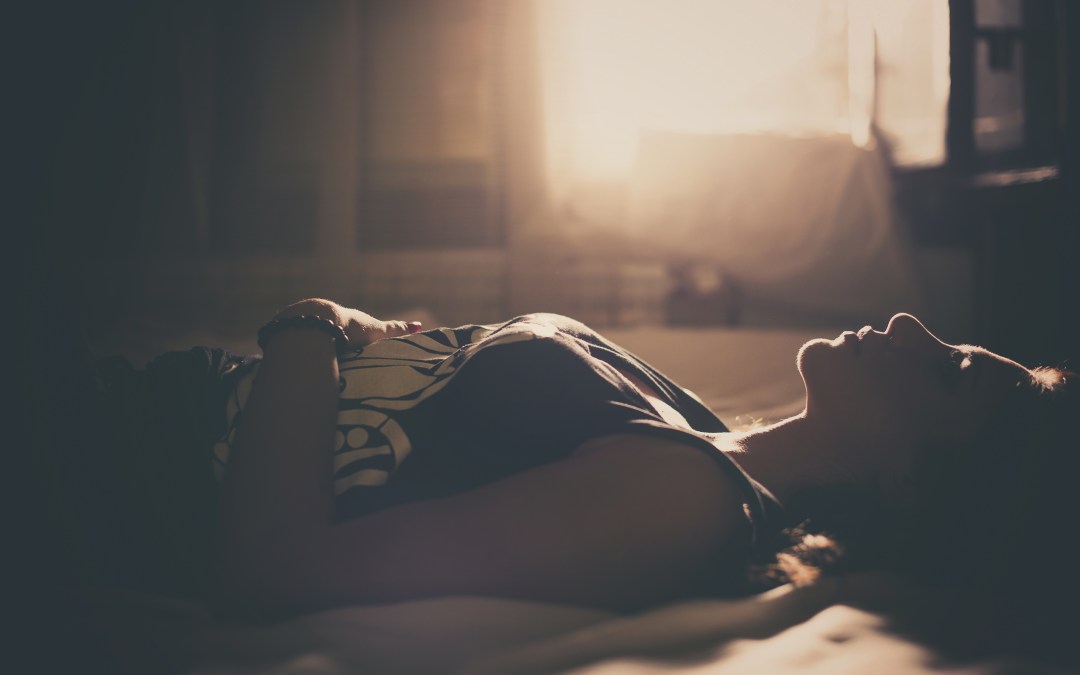How to put your insomnia to bed
Does a red-eyed, sleep-deprived grump stare back at you in the mirror every morning? Oliver Burkeman tucks us in with some slumber-inducing revelations for those who can't sleep and feel incredibly tired

Perhaps it won’t be much comfort if you’re reading this at 3am, unable to sleep, but the truth is that insomnia is fascinating. It’s a vivid example of what psychologists call an ironic effect, in which your desire to achieve a goal is the very thing that stops you doing so. You desperately want to get to sleep – but that’s precisely the reason you can’t. If you cared less, you’d probably drift off, but ‘trying not to care’ is a sure-fire way to tie yourself in knots. I speak from bitter, bleary-eyed experience.
A lot of conventional sleep advice makes things worse. Take ‘sleep hygiene’: you follow all the rules – keep your bedroom dark and cool, only use your bed for sleep or sex… And then you find yourself in bed at night, focused on finding out if they’ll work – which pretty much guarantees they won’t.
This is why some of the best interventions for insomnia involve the unlikely tactic of reducing the importance of getting to sleep. As Sasha Stephens argues in her book The Effortless Sleep Method (Dark Moon, £11.99), a first step is to stop building your life around insomnia. Don’t cancel social plans to get an early night; don’t decline 9am weekend invitations because you fear you’ll need a lie-in. Instead, estimate how much sleep you need to feel refreshed, then use that to limit your time in bed – so, if you need seven hours, get up after seven hours, even if you spent much of it awake. Then, get on with your life, no matter how foggy you feel, making exceptions for potentially risky activities such as driving. As you demonstrate to yourself that you can function on little sleep, you’ll care less, making it more likely that you’ll sleep.
And beware of ‘insomnia identity’, the technical name for defining yourself in terms of sleeplessness. Studies show that if being an insomniac is central to your identity, you’ll suffer health issues even if you’re actually getting enough sleep – while, if it isn’t central, you may be fine even if you sleep little. So, hide your phone and clock to stop yourself keeping track of your sleep and avoid complaining to family and friends about your insomnia. Try not to refer to yourself as an insomniac. Sleep problems happen sometimes; they’re not who you are.
I know I risk sounding obnoxious – who am I to tell you you’re making too much of your problem? But, however bad your insomnia, treating it as a life-or-death crisis makes it worse. For good reason, we’ve evolved to respond to crises by being highly alert. The way to get a good night’s sleep tonight is to remember that you’ll be fine tomorrow if you don’t.
Oliver Burkeman is author of ‘The Antidote: Happiness For People Who Can’t Stand Positive Thinking’ (Canongate, £8.99)
Image: Getty






